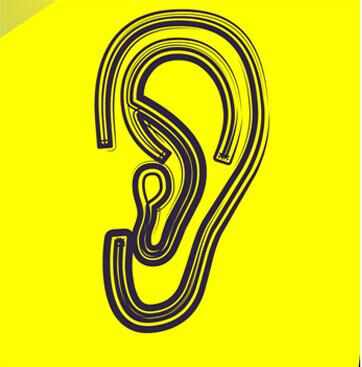Hair-regrowth technology could help reverse age-related hearing loss


A breakthrough research conducted at Massachusetts Eye and Ear has presented scientists with a different perspective to the problem of Presbycusis, commonly referred to as age-related hearing loss. While traditional science and animal researches in the attributes this condition to the gradual degeneration or atrophy of the stria vascularis, a vital part of the cochlea, the new research purports that age-related hearing loss is brought about by an accumulated damage to the inner ear’s sensory hair cells.
The study performs a rigorous examination and analysis of the inner human ear to understand the pathology behind the problem of age-related hearing loss. It records close examination of the inner ear of more than 120 autopsied post-mortem human specimens. Besides, it also correlates any anatomical data extracted from the specimens’ audiogram reports collected when they were alive to arrive at the patterns of aural loss.
Close investigation of these autopsied specimen indicates that the age-related damage to the stria vascularis does not indeed correlate with the pattern or the severity of age-related aural loss. These investigations further infer that the degree and location of the loss of sensory hair cells was tied to the prediction of hearing loss. Hence, it completely upends the concept of an ‘age-related’ hearing loss, prescribing the gradual hearing impairment to an aural overexposure over a lifetime.
The study further documents that this dominant role that the progressive hair cell loss brings about as one ages paves way to newer hair regeneration technologies. These technologies can be used to advance newer hair cell regenerative therapies that can be employed to treat age-related hearing impairment.
.jpg)
